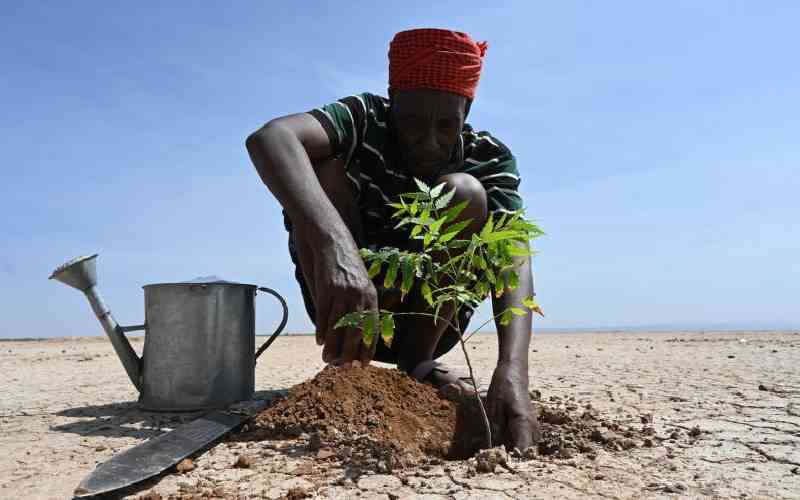
The Africa Climate Change Summit took place in Nairobi this week. It brought together African states under the African Union, global leaders, intergovernmental organisations, the UN, business leaders, and civil society to seek ways of addressing climate change and map out Africa's priorities and needs based on global plans to reduce CO2 emissions by 45 per cent by 2050.
Continent's leaders asking developed nations to honour their commitments to provide USD100 billion in annual climate finance agreed upon during the COP15 in Copenhagen nearly a decade and a half ago and the operationalisation of the loss and damage fund agreed in Egypt at the last Conference of Parties (COP27). The continent is reminding the world that fossil fuels must be phased out of the energy equation to save the planet.